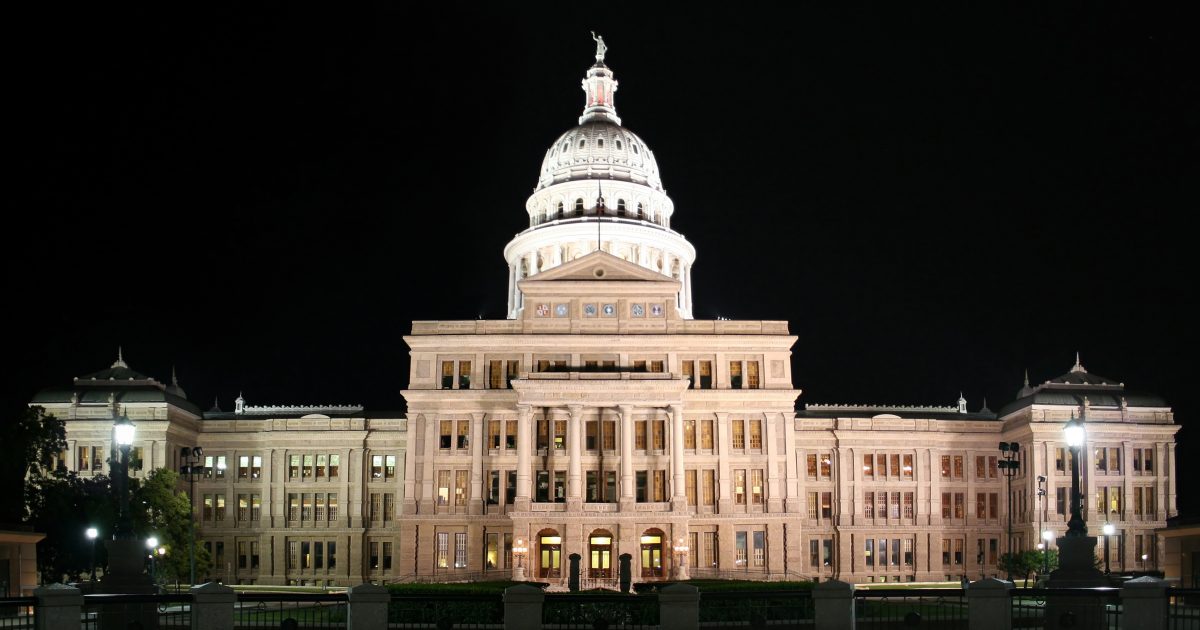
New Wave of NGO Closures in Nicaragua Brings Total to Over 3,600 Since 2018
The Nicaraguan regime has recently cancelled the legal status for 15 new NGOs, bringing the total number of banned organizations in the country to over 3,600 since December 2018. This announcement was made by Minister of the Interior María Amelia Coronel, who stated that nine NGOs were closed for not complying with regulations and six others requested voluntary dissolution. Among those cancelled were the National Chamber of Micro, Small and Medium Enterprises, the Association of Small Hotel Owners of Nicaragua, and evangelical Christian entities.
The closure of these NGOs has sparked controversy among politicians supporting the regime who accused them of using resources to try to overthrow Ortega during protests. However, the regime claims that the illegalization of these organizations is part of a regularization process as not all registered NGOs in 2018 were operational. Nicaragua has been in a political and social crisis since April 2018, with tensions escalating after controversial elections in November 2021 where Ortega claimed victory for a fifth term.
The Ministry of the Interior explained that assets would be liquidated according to a process set forth by law. The Attorney General’s Office will oversee this process except for those organizations that requested voluntary dissolution. It is unclear how long this process will take or what will become of the assets once they are transferred to the Nicaraguan State.
The cancellation of legal status for these NGOs comes at a time when Nicaragua is facing significant political and economic challenges. Protests against government policies have continued since April 2018, leading to widespread violence and human rights abuses by security forces. Additionally, poverty rates remain high despite government efforts to improve economic conditions through infrastructure projects and foreign investment. It remains to be seen how this move by the government will impact civil society organizations operating within Nicaragua’s borders and whether it will lead to further conflict or stabilization in the region.
In conclusion, it is clear that there are significant challenges facing Nicaragua both politically and economically. The cancellation of legal status for these NGOs is just one aspect of these challenges but it highlights how far from democracy this country has moved since its revolution in 1979.
It is important for international leaders to engage with Nicaragua’s government on a diplomatic level and demand accountability from President Ortega’s regime regarding human rights abuses and democratic backsliding. The international community should also provide support to civil society organizations operating within Nicaragua’s borders who continue their work despite facing persecution by government officials.
Only then can we hope for meaningful change in Nicaragua’s future which is crucial not just for its people but also for regional stability as well as global security interests.
/cloudfront-eu-central-1.images.arcpublishing.com/prisa/GNVAZ6HHABDRVG34LP6XZ7Q2R4.jpg)
